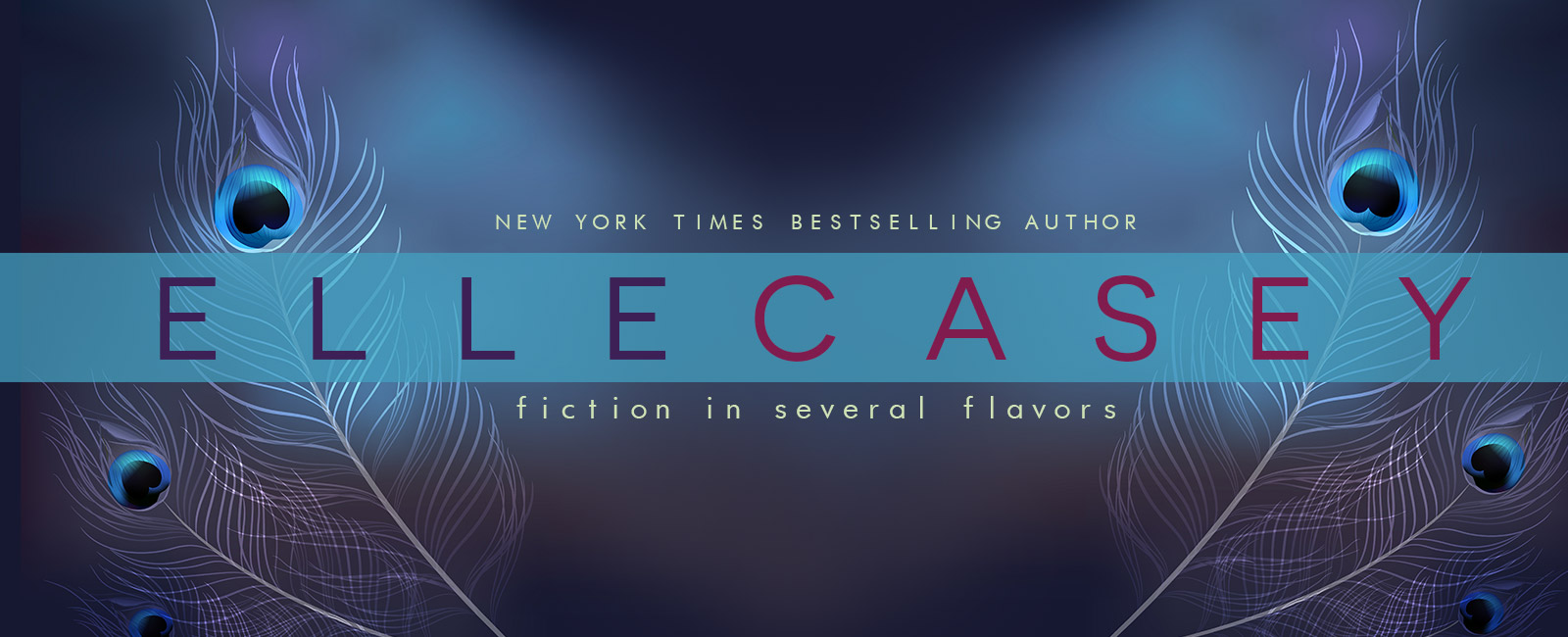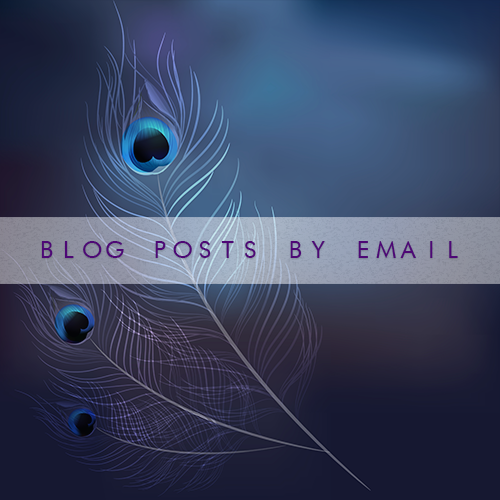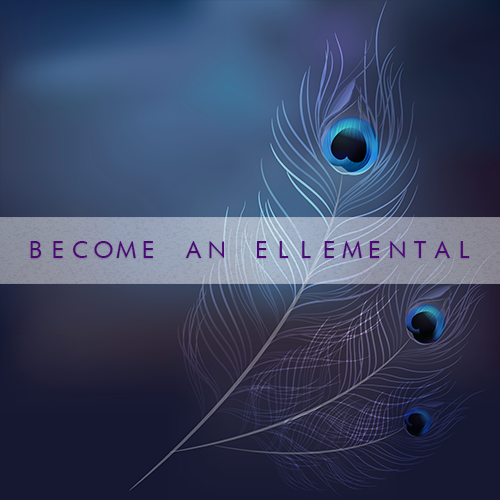The reason I'm putting this post up is because I get a lot of emails and messages asking me for advice on writing and self-publishing. For those would-be writers out there, here's some stuff I thought you might find interesting:
I read an article written by an agent, its distinct tone being: “Writers need agents, and an agent should be allowed to limit an author's ability to self-publish her work,” even though this post's subject was whether a writer can make more money being traditionally-published or self-published. Here's a link.
My response to the tone of this article, in short form is: HA! HAHAHAHAHAHAHAHAHAHA! And HA. Oh, wait … you're not kidding? Seriously? Wow.
Okay, and now the longer version, which I put in the comments on the blog because someone else commented about how they needed an agent for another voice to listen to and for their knowledge of industry trends:
For those authors or would-be authors who are leaning on an agent for “another voice” or “knowledge of trends” (and paying 15% for the privilege), know that there are hundreds of indie authors out there who do this for each other for FREE, and most of them are far more tapped into the trends than agents are. Why? Because agents are constrained by what publishers want, and publishers don’t always know what readers want.
Go to Amazon’s bestseller lists and see how many indie books are there, ahead of trad-pubbed books. I’ll save you the trouble: there are lots. Readers are voting with their dollars and telling *us* what the trends are. Trends aren’t being artificially set by the Big 6 anymore. Finally!
Do you know how many indies are making a very handsome living from books that were deemed “unsellable” by an agent or an editor? Hundreds. Maybe thousands. I’m not agent-bashing here, because I do see a value to having one, but only in limited circumstances. Most authors would be financially better off self-pubbing, and I have numbers to back that up.
If you have a book and you’ve done everything you can to make it as good as it can be (editing, professional cover, etc.), publish the dang thing! If you sell the hell out of it, the publishers and agents will come to YOU. The Amazon bestseller list is the new slush-pile. I say, let the readers decide if you deserve to be an author, not an agent.




Well said, Elle 🙂
Why, thank you. 🙂 *bows*
There happens to be one author I know of that did not continue a series because her publisher didn’t want to do anything with it even though she had TONS of requests for continuing stories. (Luckily she’s changed publishers so that will now change) I’m so glad that there is the chance to be able to read books by authors that I might not otherwise. Just because “they” don’t like a book doesn’t mean “we” won’t like it 😀
That has happened so many times. Ridiculous! Authors were like animals at the zoo almost. Or the circus maybe. 🙂
Elle, I loved your blog post. There are many, many wonderful authors who would never have seen “the light of day” had they not self-published. I have read and enjoyed many of their books. Writers need to be encouraged not discouraged. The act of writing is discouraging enough as it is without one’s work being overlooked or viewed as “not right for our needs at the present time.” I hope that many aspiring authors read your post, realize that they can be published even if they do not have an agent or have an agent who is not on board with their book. Thank you!
Welcome. The world needs to know this stuff. 😉
You have a knack for picking the tricky subjects of the indie world and putting them out there. I love your “Amazon-is-the-new-slush-pile” thing. I’m always quoting it to people. =) Do you think authors who choose to go with a traditional publishing company after touting how awesome it is to be indie are sell outs? Would you do it yourself? Just a random musing, no offense meant to anyone that reads this.
Thank you! I love being quoted. 🙂 No, I don’t think indies who go traditional are sell-outs. Not at all. And yes I’d sign a trad pub contract for the right deal. It’s all about the numbers for me, and I’m not talking about just the advance or percentage. The real road to popularity and new readers in bigger numbers is visibility, and a trad pub deal especially with someone like an Amazon imprint could really boost that for my whole portfolio. I have confidence that if I could get the exposure, I could win new readers; so I’d include potential exposure into the calculation of any deal proposed by a traditional publisher, and I think any author should do that. Being proud about being indie is not for me about thumbing my nose at traditional publishing … it’s about blazing new trails and doing things with creative freedom and letting readers decide who succeeds. Traditional publishing can fit into that world if it acknowledges the things we’ve come to learn – that authors need the freedom to give readers what they want, and that publishers don’t always know what that is.